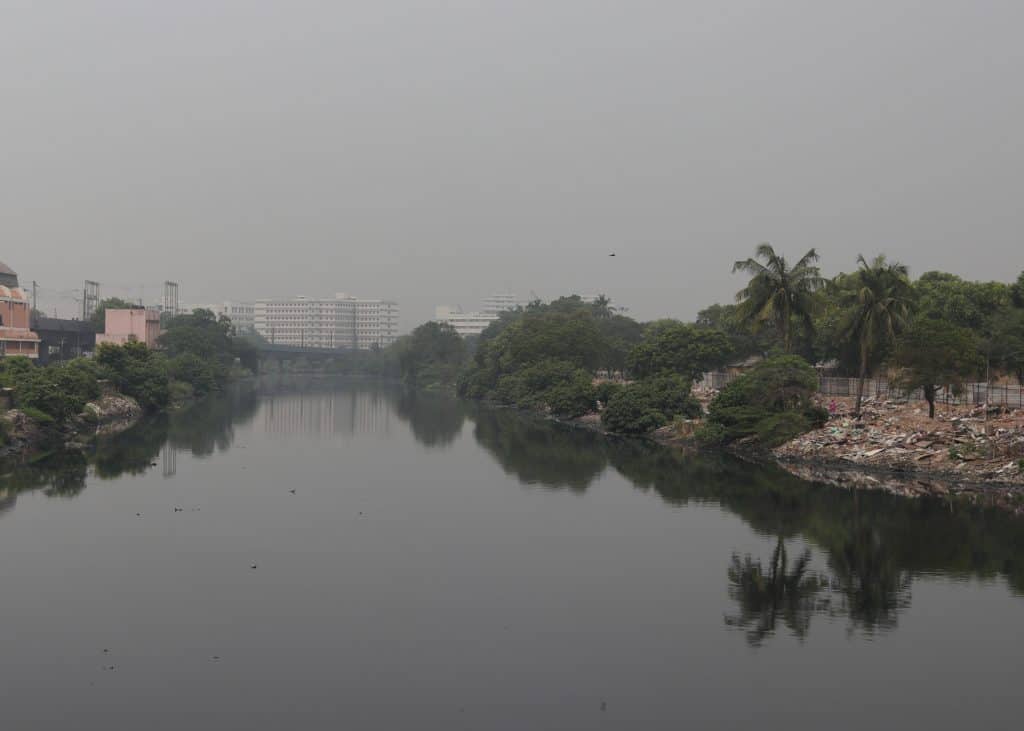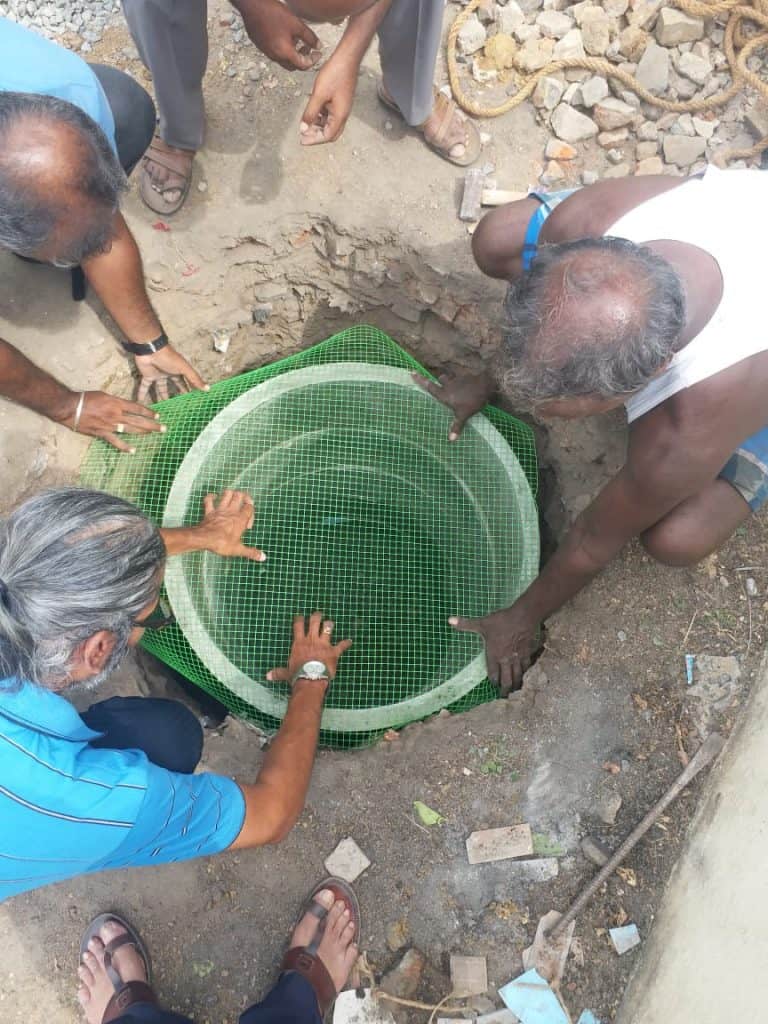COVID: Cases surge marginally, Airport introduces rapid testing
On July 30th, Chennai recorded 181 new COVID cases. While the trend was downwards, it has seen a marginal spike over the past two days. On the same day, the city reported one death and 151 discharges and 1,479 persons are under treatment.
As the lockdown norms are relaxed to a great extent in the state, the Chennai airport will conduct Rapid PCR tests for outbound international travellers at the airport and the results will be declared in 13 minutes. The registration process could take up to 30 minutes.
Source: The New Indian Express
Read more: Mitigating the third COVID wave: Five communication strategies to follow
31 water channels linked to Adyar and Cooum to be restored
The Water Resources Department (WRD) is making assessments for restoring the waterways key water channels that carry floodwaters to Adyar and Cooum rivers. The project is set to be executed by the Chennai Rivers Restoration Trust (CRRT) and WAPCOS Limited has been appointed as the consultant. The project will be completed at a cost of Rs 1,260 crore.
The Greater Chennai Corporation (GCC) and WRD maintains 23 channels linked to Adyar river and eight to Cooum river which will be rejuvenated as part of the project. Removal of solid waste,urban water development work like planting saplings and improvement of the water channels are some of the elements of the project. Tenders for some elements of the project is likely to be floated in two to three months.
The department also plans to execute a similar project in 21 drains connected to the Buckingham Canal. This project is likely to be completed in three to four years.
Source: The Hindu
Read more: With the CRRT in charge, can Chennai look forward to a cleaner Cooum?
Driverless metro operation in phase-II
The Chennai Metro Rail Limited (CMRL) has called for tenders for designing, manufacturing and commissioning 210 cars for 70 trainsets of three car rakes for the phase-II project. It is to be noted that these trainsets will be operated without drivers along three corridors — Madhavaram to Sipcot (45.8 km), Lighthouse to Poonamallee (26.1 km) and Madhavaram to Shollinganallur (47 km).
In the second phase, CMRL will be making un-attended train operation (UTO) or driverless operation the predominant mode of operation. In case of not engaging the UTO under circumstances, the train operator onboard will take charge to operate the train.
According to CMRL, the trains will have three coaches in their initial stages which would be scaled up to six if the patronage sees a spike. These trains are designed to run at a maximum speed of 90 kmph while the permissible operating speed would be 80 kmph.
Source: DT Next
Door-to-door RWH campaign
In a bid to ensure the water table gets recharged with rains and prevent floods in the upcoming monsoon season, the Chennai Metropolitan Water Supply and Sewerage Board (CMWSSB) is planning to go door-to-door for inspecting rainwater harvesting structures (RWH) in the city along with volunteers and non-governmental organisations.
The quality of RWH structures and water quality would be checked by the board during the inspection. While the agency carries out random inspections every year, they have streamlined and plan to conduct the searches in every building in Chennai. While the inspection was halted last year due to the pandemic, the 2019 exercise revealed that over 37,000 houses needed improvement in the RWH structure and around 65,000 houses did not have the facility.
Drinking water samples would be tested for residual chlorine levels to identify contamination and determine the water quality provided by the agency. The agency also plans to set up at least two desks in the locality while conducting checks to receive complaints.
Source: The Hindu | The New Indian Express
[Compiled by Bhavani Prabhakar]

